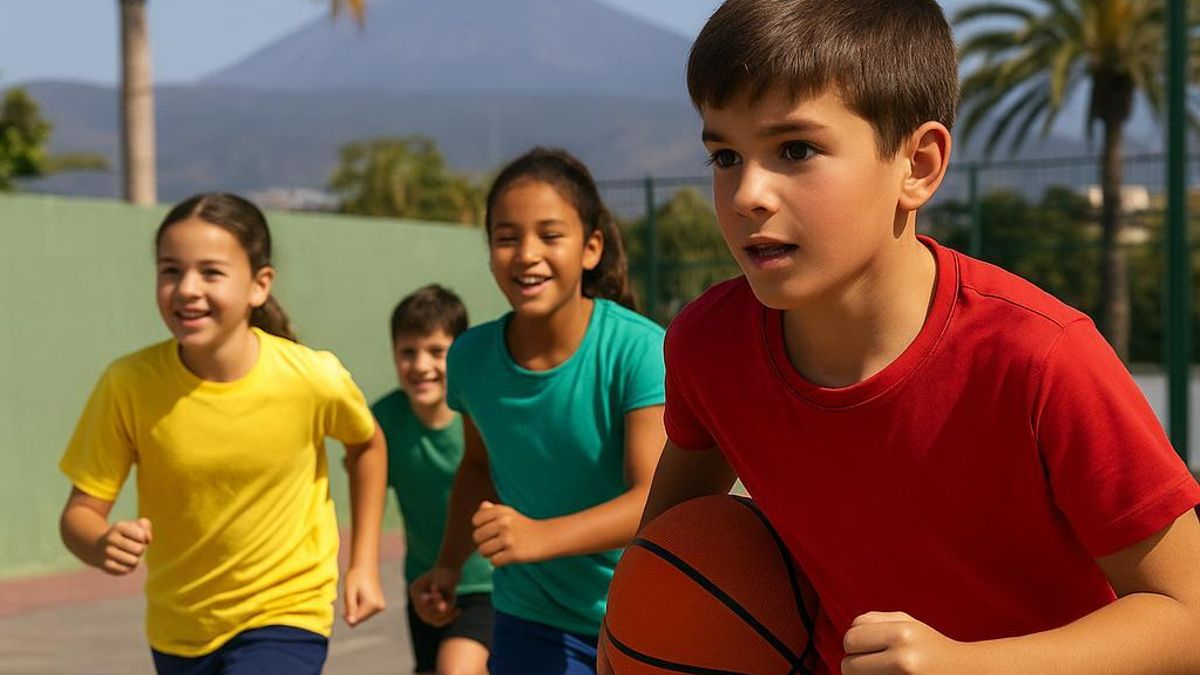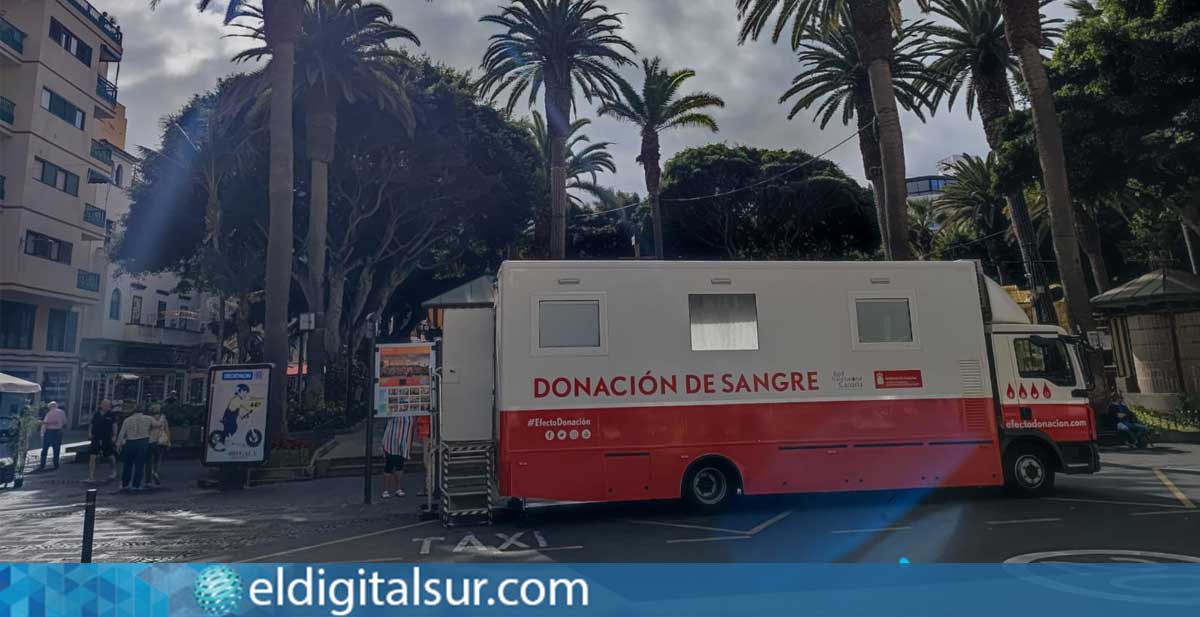Choosing Extracurricular Sports for Health
Choosing an extracurricular sport contributes to physical health, socialisation, and motivation, provided that the workload is reasonable.
Guidelines used by paediatricians are clear: a minimum of 60 minutes daily of moderate-to-vigorous activity is recommended for children aged 5 to 17, along with 1 day off each week and 2–3 months of rest per year from the main sport to avoid overload.
In addition, a greater variety is preferred over early specialisation.
Locally, Tenerife offers free or low-cost public programmes that align with these guidelines. Here are options for the 2025/26 academic year.
Free or Very Low-Cost Options
1) Active Schools (Cabildo de Tenerife) – FREE
An insular programme in public Primary and Secondary schools, providing 2 hours per week of physical-sporting activity in extracurricular hours at no cost to families.
The Cabildo opened registrations in June 2025 for the eighth edition (2025/26 academic year), with at least 85 groups expected, in collaboration with the regional department.
2) Municipal Schools (Candelaria) – nominal fees
The City Council has opened registration for its Municipal Football and Basketball Schools for the 2025/26 academic year. For the recent academic year 2024/25, the annual cost per activity was €30 (with football at €60), while some native activities such as Canarian wrestling, Canarian ball, or stick fighting were free.
3) Municipal Sports Schools (Adeje)
The municipal offering includes schedules and modalities published for the 2025/26 academic year. Prices are set by the council per activity and academic year and are managed by the Department of Sports.
4) OAD La Laguna – extracurricular sports in schools
The Autonomous Sports Organisation coordinates extracurricular activities such as pre-sport, skating, basketball, or multi-sport from 3:30 PM to 5:00 PM through local schools. Each year, they publish available places and reduced fees.
5) Santa Cruz de Tenerife – municipal schools and courses
The Sports Service runs annual campaigns and provides access to facilities. At the Santa Cruz Sports Complex, there are courses for minors with reduced fees (for example, children’s swimming at around €22/month). In 2025, the city opened a new complex with a pool and multipurpose rooms.
6) Cabildo de Tenerife Games (initiation and school competition)
An insular programme featuring 32 disciplines and the participation of thousands of schoolchildren each season. Although it is not a fixed class, it provides a public circuit where children from clubs and schools compete with logistical support from the Cabildo.
How to Avoid Overloading, According to Paediatricians
- Ensure that the child trains no more hours per week than their age in organised sports.
- Ensure 1 day off training and plan for rest periods from the main sport.
- Watch for warning signs: persistent pain, lethargy, decreased performance, or sleep problems. If these arise, reduce the workload and consult a paediatrician.
Experts indicate that before the age of 6, it is preferable to focus on active play and basic skills (running, jumping, throwing, swimming) rather than regulated leagues.
From Primary School age onwards, organised sports are encouraged, but they should be diverse; specialisation is best suited for late adolescence, if the young person desires it.
Safe Environment
In addition to physical demands, the context must be safe and protective. In 2024, the Cabildo de Tenerife introduced its Framework Protocol for the Protection of Children and Adolescents in Base Sports (aligned with the II Insular Plan for Children and Adolescents 2023–2027), providing guidelines for clubs and coaches.
In 2025, the Autonomous Community approved its Protocol for Action Against Violence in Sports for all of the Canary Islands. Both documents aim to create safe environments and establish channels for detecting and addressing situations of violence.














